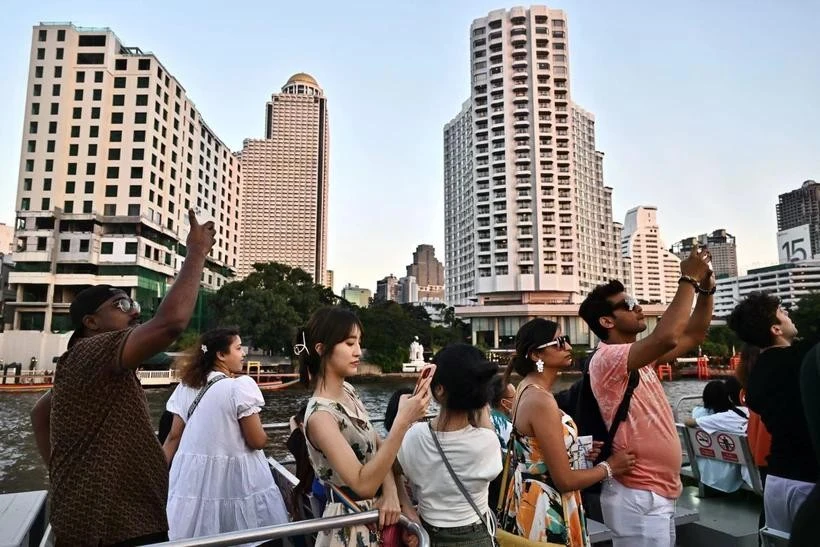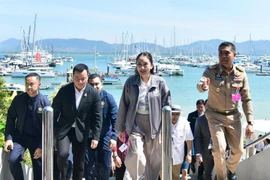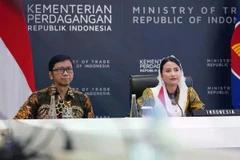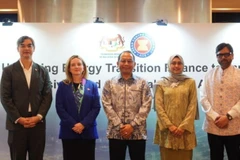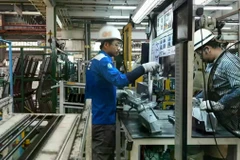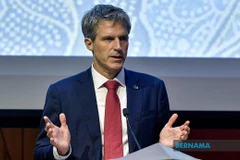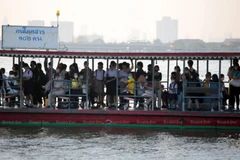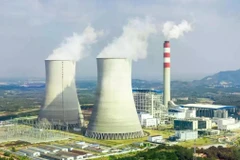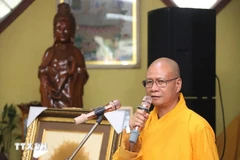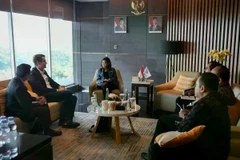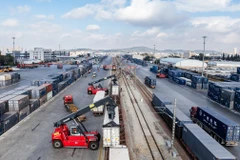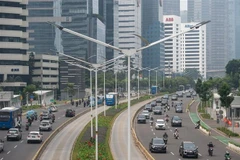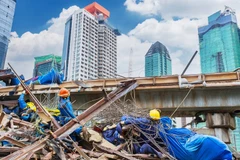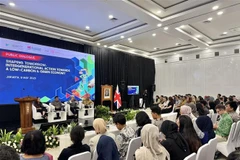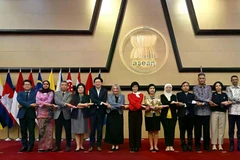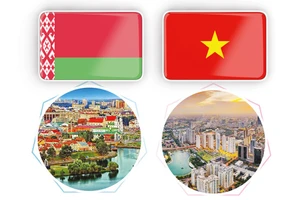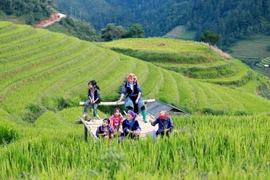Bangkok (VNA) – Thai tourism operators have called on the government to reduce the visa-free length of stay for Chinese tourists from 60 days to 15 days to address concerns over illegal employment.
Thapanee Kiatphaibool, Governor of the Tourism Authority of Thailand, emphasised on January 20 that local tourism operators are worried about foreign scammers exploiting the current visa-free scheme, which allows a 60-day stay in Thailand.
She noted that the private sector believes a 15-day limit will better align with the actual average stay of Chinese tourists, which typically ranges from 7 to 10 days.
Despite these concerns, Thapanee stressed that maintaining the visa-free policy for Chinese tourists remains beneficial for Thailand’s tourism industry.
The Thai Ministry of Tourism has set a target of attracting 8.8 million to 9 million Chinese visitors in 2024, out of 39 million to 40 million foreign tourists in total.
Meanwhile, the Tourism Council of Thailand (TCT) has also urged authorities to tackle transnational crimes and scams impacting the industry.
TCT Vice President Ratchaporn Poolsawadee noted that safety concerns have impacted not only the Chinese market but also other Asian travellers, who tend to be more sensitive to such issues than Western tourists.
According to the Thai Hotels Association, a total of 4,572 room nights booked by Chinese tourists across Thailand were cancelled in January, including 2,001 cancellations in Bangkok alone. This negative perception of safety also extended to other international markets, leading to the cancellation of an additional 7,856 room nights./.
